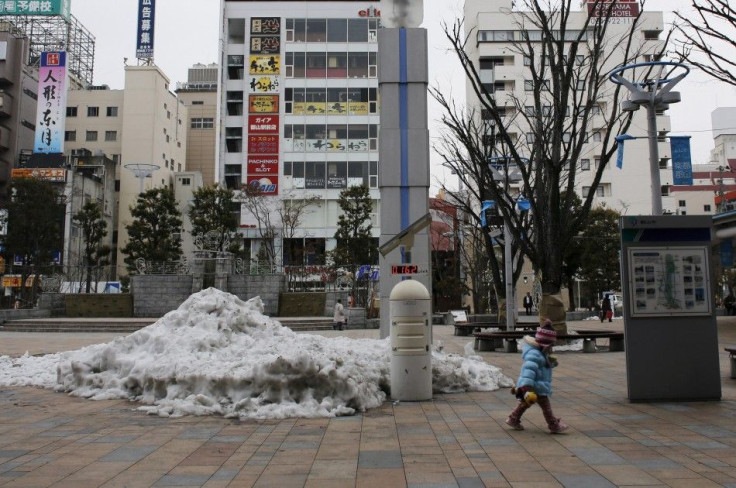Nuclear Weapons Ban: Secret Documents Reveal Australia Blocking New Zealand-Led Campaign

The Australian government was reportedly leading secret attempts to block New Zealand's push for nuclear disarmament based on the released documents under the freedom of information laws.
The documents contained declassified information on ministerial communications, cables and emails from the Department of Foreign Affairs and Trade and revealed the efforts of Australian diplomats working in secret. The documents said that the Australian government relies on U.S. nuclear forces to prevent a nuclear attack in the country.
In October 2013, shortly after the Coalition won the seat of power, Australia had refused New Zealand in its request to endorse a joint statement signed by 125 countries at the United Nations which highlighted the effects of nuclear weapon use.
Australia had reportedly found the statement declaring that it is in the best interest of mankind not to use nuclear weapons "under any circumstances." Reports said that 16 countries including New Zealand, Malaysia, Mexico and South Africa are working together to put the spotlight on the use of nuclear weapons and its humanitarian consequences.
The nuclear disarmament campaign will lay the foundation for negotiating an agreement to ban nuclear weapons. The diplomatic campaign seeks to put nuclear weapons in the same category as chemical and biological weapons which are already considered illegal under international law.
According to Australian Foreign Affairs Minister Julie Bishop, the New Zealand-led approach was "counterproductive." The idea of banning nuclear weapons may appeal emotionally but nuclear disarmament "cannot be imposed this way."
According to the recently declassified documents, Australia's concern is centred on the idea that a nuclear weapons ban might "cut across" the country's dependence on U.S. nuclear deterrent as part of its defence.
Ms Bishop had endorsed the argument that Australia relies on its American allies to deter a nuclear attack in the face of nuclear weapons threat.
Among the documents revealed included Foreign Affairs and Trade head Peter Varghese's statement that New Zealand's push for nuclear disarmament goes against the security interests of Australia.
The diplomatic image of Australia has been hit with the Japan's consent to sign the New Zealand-led initiative through Japanese Foreign Minister Fumio Kishida. Australian diplomats had conferred with the U.S. State Department over the matter. Declassified information revealed the email exchanges between the two parties, including Washington reprimanding Tokyo for its decision to sign the nuclear disarmament statement.





















